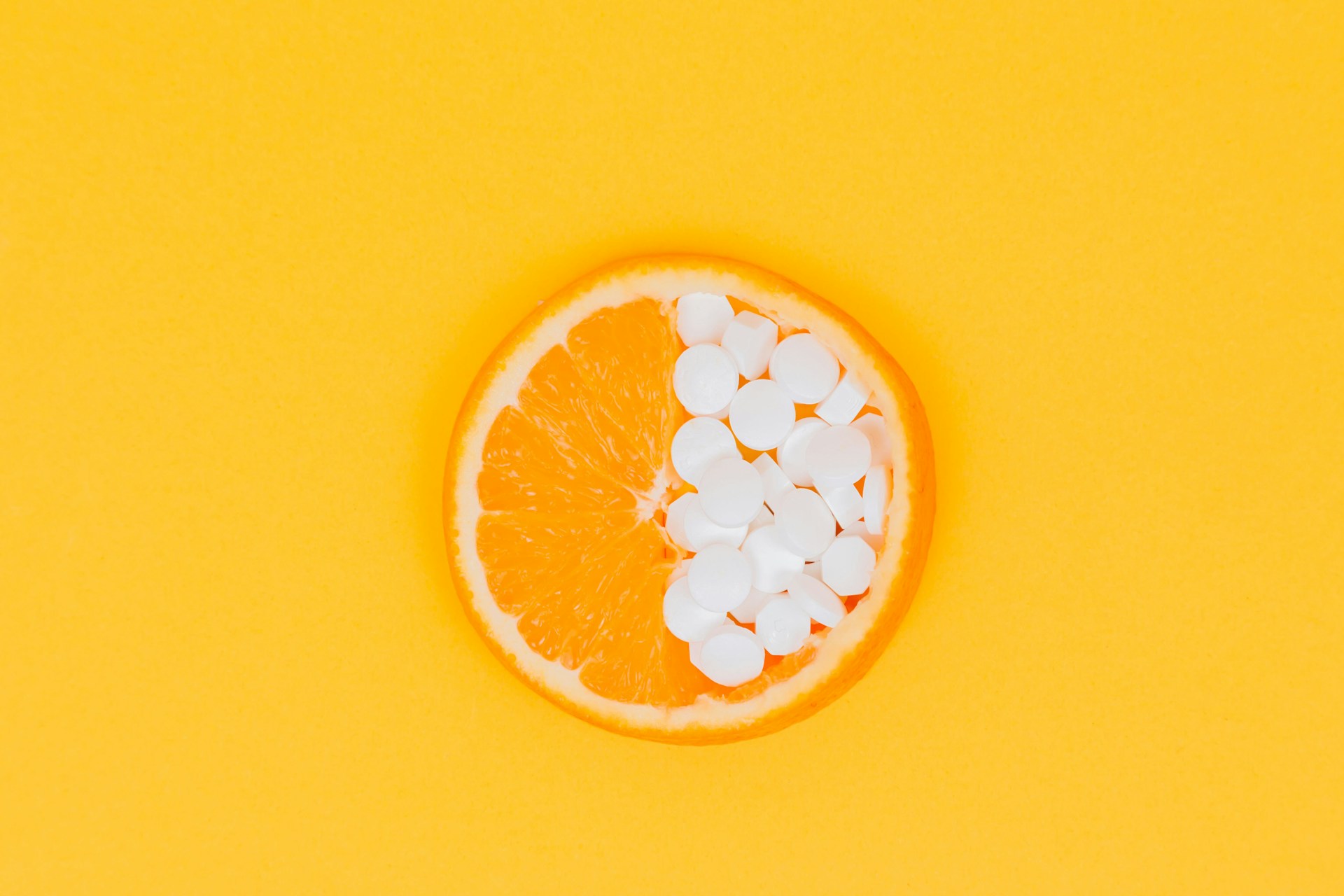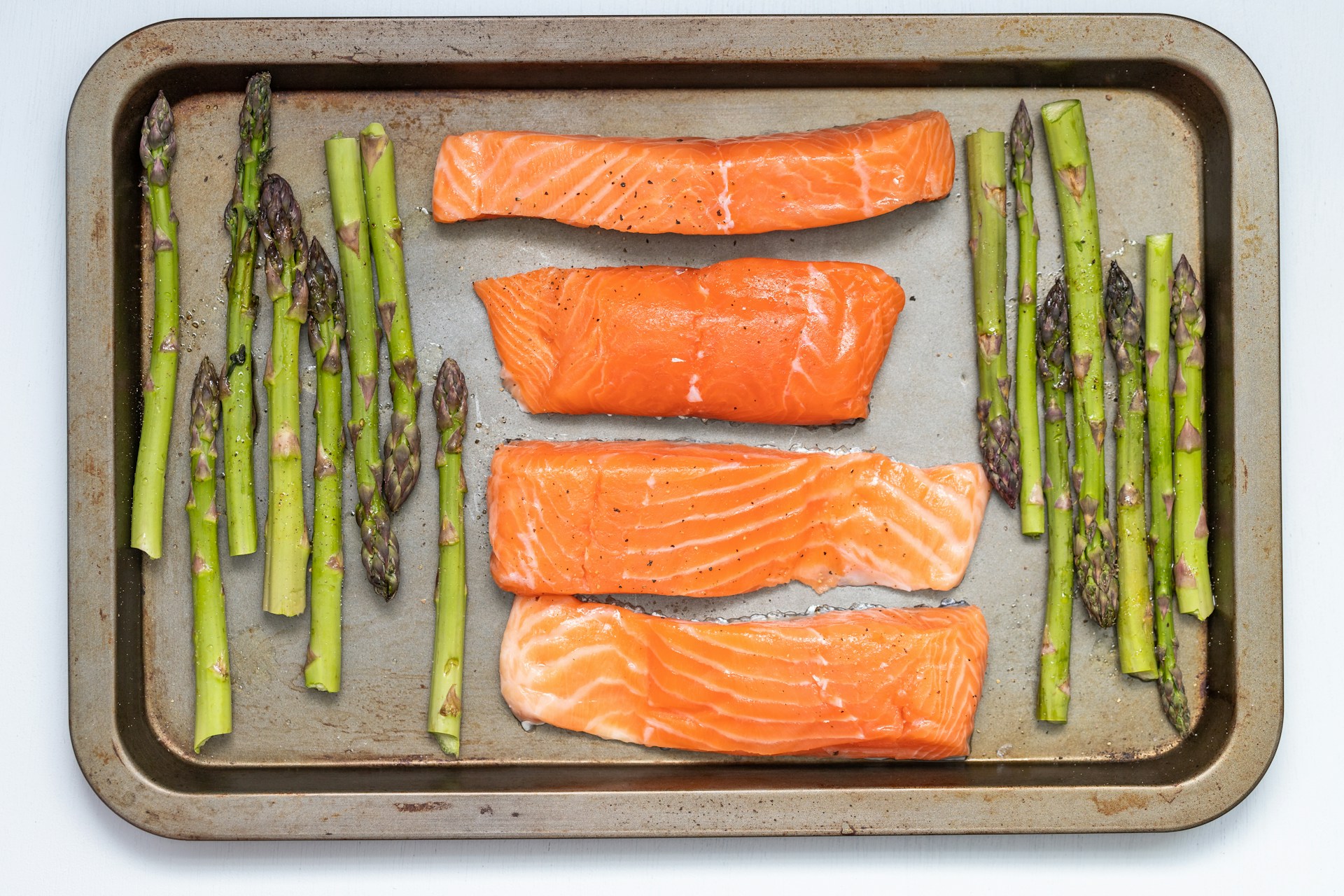Essential Nutrients For Women Over 30
As a woman over 30, there’s a lot to keep in mind when it comes to our bodies and how they act differently to when we were younger. The modern women of today are usually busy multitaskers, often with a tiring and draining schedule that can make it difficult to maintain a healthy diet and overall good health, from sheer lack of time and energy.
There are other certain things like hormonal changes connected with menstruation, childbirth, and menopause that put women at a higher risk of anemia, weakened bones, and osteoporosis, which requires an increased intake of various crucial nutrients. I’m not saying that we need to be worrying about that as soon as we hit 30, but it’s definitely something to keep in mind.
While many of the essential nutrients for women can be found in various food sources, high-quality supplements can help you meet your daily requirements as well. When looking for the perfect supplement or multivitamin, selecting an option from a trusted and accredited brand or supplier, like Ethical Nutrients, is imperative to ensure you are making the best choice for your body and health.
I’ve been taking vitamins and certain different enzymes and probiotics for a while now, in order to try and keep on top of my own health as a 35 year old woman with hormonal issues (I have Poly Cystic Ovary Syndrome), so I thought it would be a good idea to put together this article on certain vitamins and nutrients that play a big role for us ladies.
Photo by Diana Polekhina on Unsplash
Folic Acid
Folate, or folic acid, plays a crucial role in our health. It is responsible for a myriad of essential functions within the body. It’s not just about the creation of red blood cells and the growth and function of cells. Folic Acid is also a key player in immune function, neurotransmitter health, detoxification, and hormone balance.
Furthermore, the CDC reports that severe birth defects in growing babies are possible around three to four weeks after conception, typically at a time when a woman doesn’t know she is pregnant. Therefore, they recommend women who are of childbearing age and hope to have children should get roughly 400mcg of folic acid daily to help lower the risk of congenital disabilities. When you research things like this, it’s crazy what you can find out and the simple things you just don’t know.
Iron
Iron is one of the most important nutrients for women to maintain optimal health. Iron is a necessary component in the creation of the proteins hemoglobin, which carries oxygen from the lungs to the various parts of the human body, and myoglobin, which transports oxygen to the muscles.
Women over the age of 30 are at risk of developing iron deficiencies, largely due to the blood loss they experience during their monthly menstruation and because of the higher iron requirements during pregnancy. Low iron levels often result in severe fatigue, reduced exercise ability, poor work performance, and low moods. If you experience any of this, definitely check it out.
Vitamin D
Vitamin D, often called the sunshine vitamin, is essential for people of any age, not just women in their 30s. The fat-soluble vitamin is involved in numerous functions and processes around the body. Multiple studies confirm that vitamin D supports various aspects of our general health, including bone health and calcium absorption, immune health, hormonal health, and mood regulation.
Vitamin D is one of the most common nutrient deficiencies in the world, with as many as one billion people worldwide lacking the optimal level needed for the body to perform correctly. Poor levels of the vitamin are often due to a lack of sun exposure due to geographical location or weather or because of a diet that is low in foods that naturally contain good sources of vitamin D. I’ve been taking a vitamin D supplement for many years now as my levels are regularly low.
Zinc
Many healthcare professionals strongly recommend that women in their 30s search for a high-quality multivitamin that contains a healthy dose of zinc. Zinc supports a healthy immune system, the production of proteins, aids in wound healing, and improves the senses of smell and taste.
For women hoping to fall pregnant or who are going through a pregnancy, zinc is a crucial mineral that supports healthy growth and development for growing babies. This support can further be carried into infancy and childhood. It can also help with your immunity when you get sick.
Photo by Priscilla Du Preez 🇨🇦 on Unsplash
B Vitamins
A simple Google search will reveal that B vitamins largely dominate the list of important vitamins for women. This is primarily due to their benefits regarding healthy brain function, energy production, DNA/RNA synthesis and repair, genomic and non-genomic methylation, and the synthesis of multiple neurochemicals and signaling molecules.
These water-soluble vitamins play a vital part in optimal health, and a high-quality multivitamin for any woman in their 30s should contain a range of the eight B vitamins, which include vitamins B1, B2, B3, B5, B6, B7, B9, and B12.
Vitamin C
Vitamin C is the standout star of antioxidant nutrients that are crucial for the good health of women in their 30s. Not only does vitamin C play an essential role in supporting the immune system, but it also provides further support in the production of collagen, which aids in improved wound healing and iron absorption.
As an antioxidant, vitamin C scavenges free radicals in the body’s cells to reduce or prevent damage caused by oxidation. The protective effect of antioxidants continues to be studied around the world. I’ve tried to take vitamin C so many times, and I keep getting a bad stomach reaction to it, which is such a shame as it’s supposed to help with my Ehlers Danlos Syndrome.
Omega-3 Fatty Acids
The omega-3 fatty acids are a group of polyunsaturated fatty acids that are crucial for certain functions and benefits that are imperative in the human body. Alpha-linolenic acid is essential for eye, nerve, and membrane development, while Eicosapentaenoic acid and Docosahexaenoic acid assist in the production of prostaglandins, which aids in the regulation of blood pressure, inflammation, neurological functions, and hormone production, amongst others.
Fatty fish like salmon, mackerel, and tuna, nuts and seeds, are among foods rich in omega-3. Usually the inflammation properties happen by consuming too many omega-6 foods in our diet, and not enough omega-3, so you want to make sure you’re getting enough of the 3’s to balance that out. It’s also supposed to help stave off dementia!
Photo by Christine Siracusa on Unsplash
Protein
Proper protein levels significantly contribute to an improved metabolic rate and calorie-burning potential. It is a crucial macronutrient for the healthy development of muscles, skin, bones, hair, and body tissue.
Many dietary guidelines recommend roughly one gram of protein per kilogram of body weight, but this number will vary based on personal needs and preferences. Foods rich in protein include legumes, beans, nuts, chicken, fish, and eggs, to name a few. Try to make sure your meat protein is organic and grass fed or wild caught when it comes to fish, as it has much more nutritional value.
Discover more from FORD LA FEMME
Subscribe to get the latest posts sent to your email.







I take all of these things.
http://www.amysfashionblog.com/blog-home
Author
Oh that’s great!